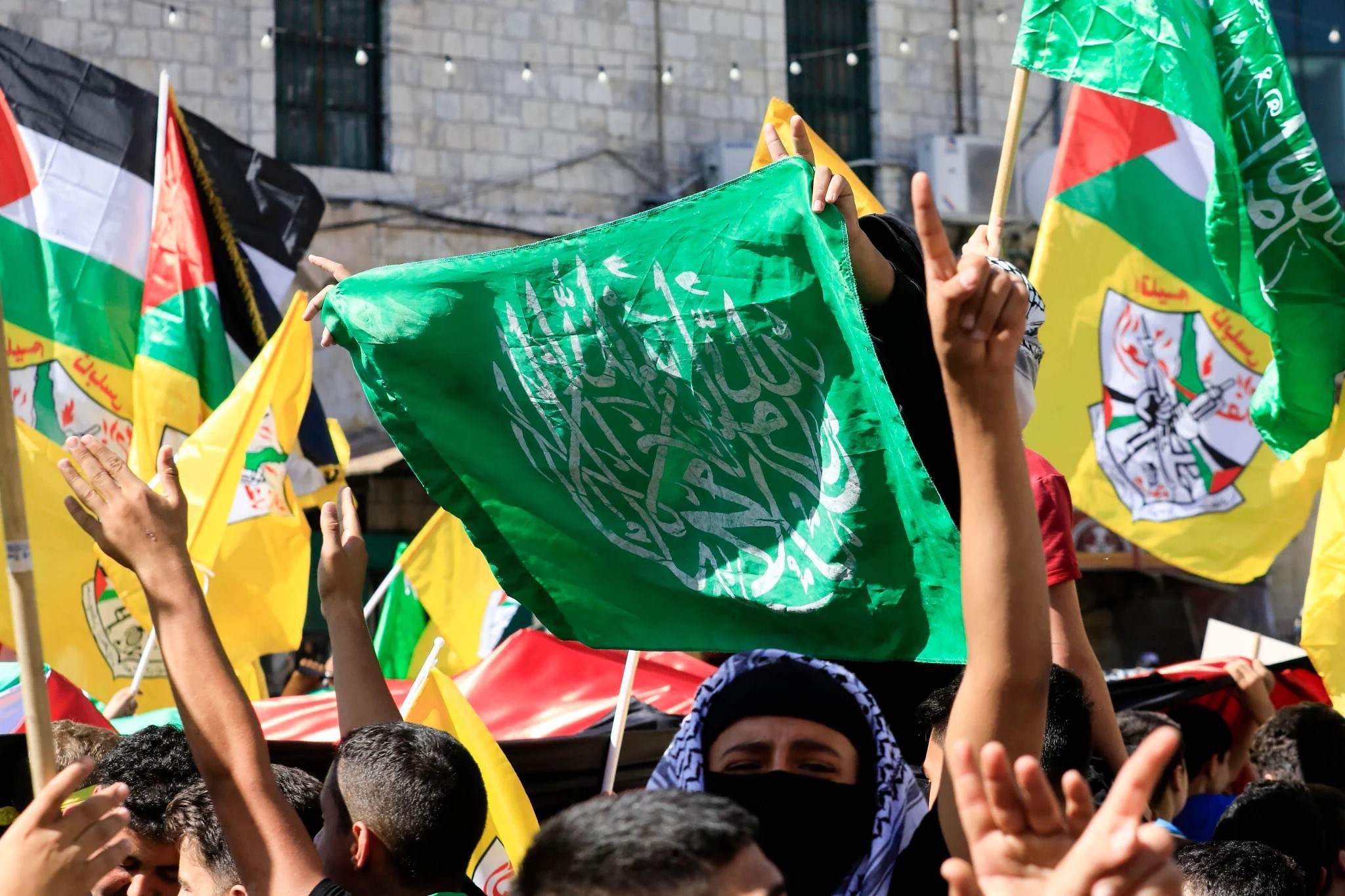
The Fatah–Hamas conflict is a significant and ongoing struggle between two major Palestinian political factions. Fatah, founded by Yasser Arafat, has traditionally been the dominant force in Palestinian politics, advocating for a negotiated peace with Israel. Hamas, on the other hand, emerged as a powerful Islamist movement, rejecting Israel's right to exist and using armed resistance. This internal conflict has led to a divided Palestinian governance, with Fatah controlling the West Bank and Hamas ruling Gaza. Understanding this conflict is crucial for grasping the complexities of Middle Eastern politics and the challenges facing peace efforts in the region.
Key Takeaways:
- The Fatah-Hamas conflict began with historical rivalries and political differences, leading to ongoing tensions and power struggles, impacting Palestinian society and international relations.
- Despite numerous attempts at reconciliation, the deep-seated nature of the Fatah-Hamas conflict has made lasting unity elusive, affecting daily life, governance, and international involvement.
Origins of the Fatah–Hamas Conflict
The Fatah–Hamas conflict has deep historical roots and complex political dynamics. Understanding its origins helps in grasping the ongoing tensions.
- Fatah was founded in 1959 by Yasser Arafat and others, aiming to liberate Palestine through armed struggle.
- Hamas emerged in 1987 during the First Intifada as an offshoot of the Muslim Brotherhood, focusing on Islamic principles.
- The Oslo Accords in 1993 marked a significant turning point, with Fatah engaging in peace talks while Hamas rejected them.
- Political rivalry intensified after the death of Yasser Arafat in 2004, leading to a power struggle.
- The 2006 Palestinian legislative elections saw Hamas winning a majority, challenging Fatah's dominance.
Key Events in the Conflict
Several pivotal events have shaped the Fatah–Hamas conflict, each contributing to the current state of affairs.
- 2007 Battle of Gaza: Hamas seized control of Gaza, leading to a split in Palestinian governance.
- 2008-2009 Gaza War: Israel launched Operation Cast Lead against Hamas, exacerbating tensions between the factions.
- 2014 Gaza War: Another major conflict with Israel, highlighting the divisions between Fatah and Hamas.
- 2017 Reconciliation Talks: Multiple attempts at reconciliation have been made, but lasting unity remains elusive.
- 2021 Gaza Conflict: Renewed violence between Israel and Hamas, with Fatah's role being more diplomatic.
Political and Ideological Differences
The ideological and political differences between Fatah and Hamas are significant and contribute to their ongoing conflict.
- Fatah supports a two-state solution and has engaged in peace negotiations with Israel.
- Hamas advocates for an Islamic state and the elimination of Israel.
- Fatah is considered more secular and nationalist.
- Hamas emphasizes Islamic governance and Sharia law.
- Fatah has received support from Western countries.
- Hamas is backed by Iran and other Islamist groups.
Impact on Palestinian Society
The conflict has profound effects on Palestinian society, affecting daily life, governance, and international relations.
- Economic Strain: The division has led to economic hardships, particularly in Gaza.
- Humanitarian Issues: Blockades and conflicts have resulted in significant humanitarian crises.
- Education Disruption: Schools and universities often face closures due to violence.
- Healthcare Challenges: Medical facilities are frequently overwhelmed and under-resourced.
- Political Disillusionment: Many Palestinians feel disillusioned with both factions.
International Involvement and Reactions
The international community plays a crucial role in the Fatah–Hamas conflict, influencing its dynamics and potential resolutions.
- United States: Generally supports Fatah and the Palestinian Authority.
- European Union: Provides aid but also calls for Palestinian unity.
- United Nations: Often involved in peacekeeping and humanitarian efforts.
- Arab League: Divided in its support, with some members backing Fatah and others Hamas.
- Iran: Strongly supports Hamas, providing financial and military aid.
Attempts at Reconciliation
Efforts to reconcile Fatah and Hamas have been numerous but largely unsuccessful, highlighting the deep-seated nature of their conflict.
- Cairo Agreement (2011): An attempt to form a unity government, which ultimately failed.
- Doha Agreement (2012): Another effort at unity, which also did not last.
- 2014 Unity Government: Briefly formed but collapsed due to disagreements.
- 2020 Talks: Renewed discussions, yet significant progress remains elusive.
Final Thoughts on the Fatah-Hamas Conflict
The Fatah-Hamas conflict has deep roots and significant impacts on the Palestinian territories. Understanding the historical context, political dynamics, and key events helps grasp the complexity of this ongoing struggle. Both factions have different visions for Palestine's future, leading to a divided leadership and frequent clashes. This internal conflict affects not only the political landscape but also the daily lives of Palestinians. Efforts for reconciliation have seen limited success, often overshadowed by external pressures and internal disagreements. As the situation evolves, staying informed about the developments is crucial. The conflict remains a significant factor in the broader Middle Eastern geopolitical scene, influencing regional stability and international relations. By keeping these facts in mind, one can better appreciate the challenges and hopes of the Palestinian people.
Frequently Asked Questions
Was this page helpful?
Our commitment to delivering trustworthy and engaging content is at the heart of what we do. Each fact on our site is contributed by real users like you, bringing a wealth of diverse insights and information. To ensure the highest standards of accuracy and reliability, our dedicated editors meticulously review each submission. This process guarantees that the facts we share are not only fascinating but also credible. Trust in our commitment to quality and authenticity as you explore and learn with us.
